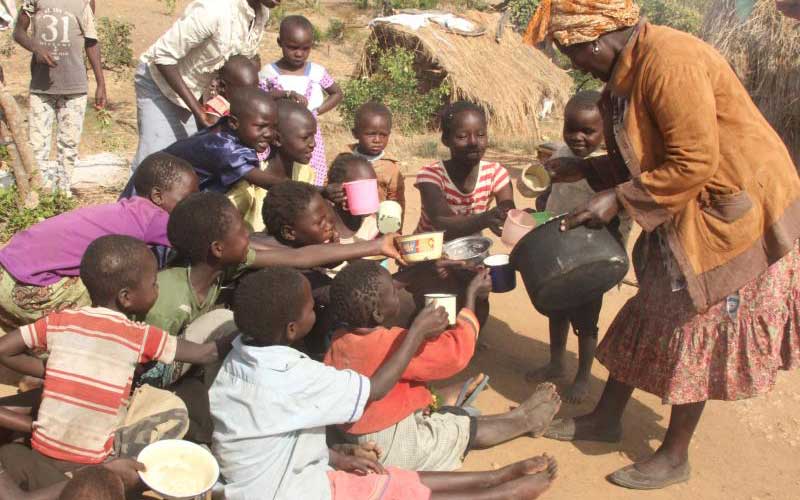×
The Standard e-Paper
Home To Bold Columnists

Did you know 37,000 people are forced from their homes every day? And that one in every 108 people on earth is now displaced?
For the first time ever, the number of displaced people reached 70.8 million at the end of 2018, the UN refugee agency UNHCR says in its Global Trends report released yesterday.